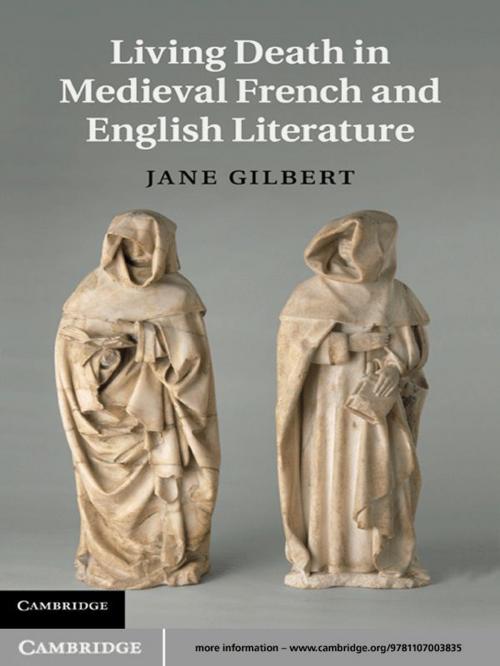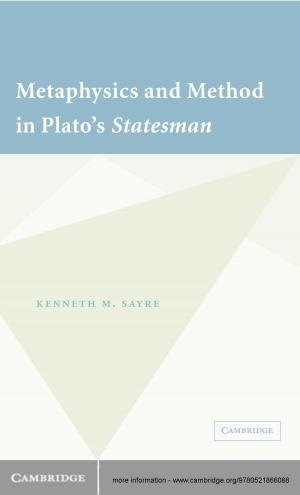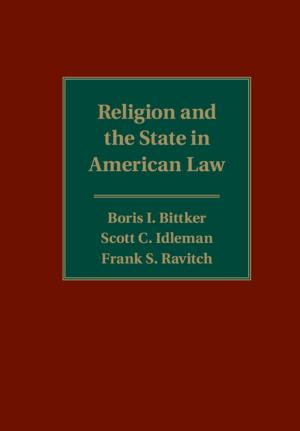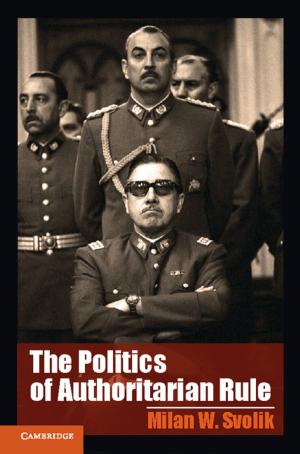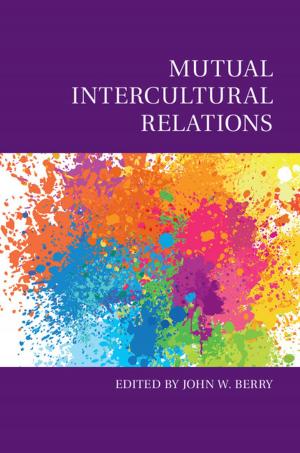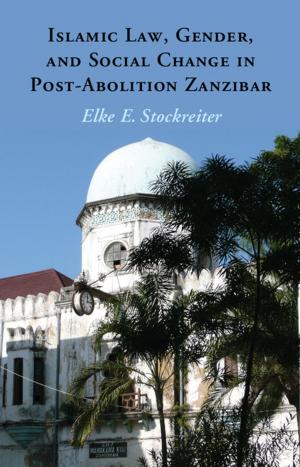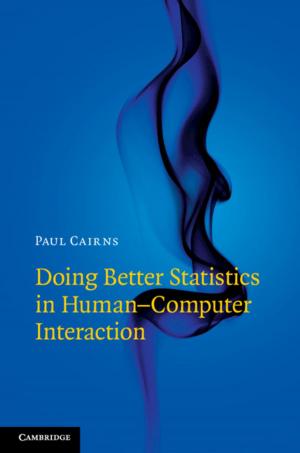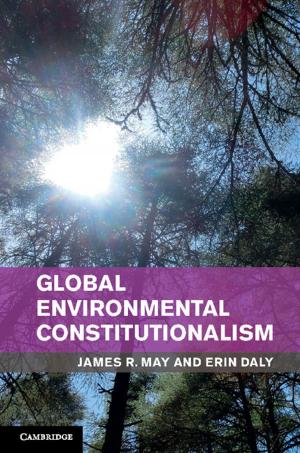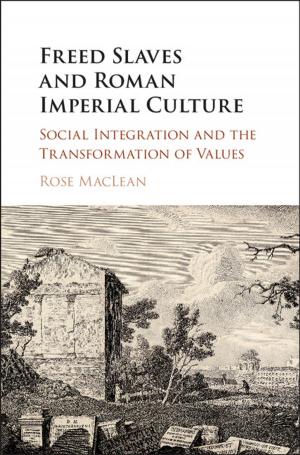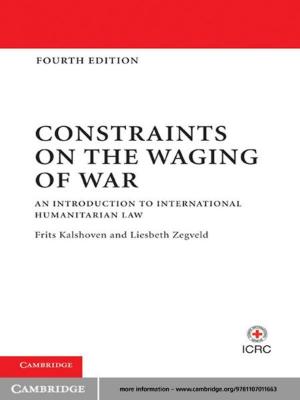Living Death in Medieval French and English Literature
Fiction & Literature, Literary Theory & Criticism, Ancient & Classical, British| Author: | Jane Gilbert | ISBN: | 9780511861758 |
| Publisher: | Cambridge University Press | Publication: | February 17, 2011 |
| Imprint: | Cambridge University Press | Language: | English |
| Author: | Jane Gilbert |
| ISBN: | 9780511861758 |
| Publisher: | Cambridge University Press |
| Publication: | February 17, 2011 |
| Imprint: | Cambridge University Press |
| Language: | English |
Medieval literature contains many figures caught at the interface between life and death - the dead return to place demands on the living, while the living foresee, organize or desire their own deaths. Jane Gilbert's original study examines the ways in which certain medieval literary texts, both English and French, use these 'living dead' to think about existential, ethical and political issues. In doing so, she shows powerful connections between works otherwise seen as quite disparate, including Chaucer's Book of the Duchess and Legend of Good Women, the Chanson de Roland and the poems of Francois Villon. Written for researchers and advanced students of medieval French and English literature, this book provides original, provocative interpretations of canonical medieval texts in the light of influential modern theories, especially Lacanian psychoanalysis, presented in an accessible and lively way.
Medieval literature contains many figures caught at the interface between life and death - the dead return to place demands on the living, while the living foresee, organize or desire their own deaths. Jane Gilbert's original study examines the ways in which certain medieval literary texts, both English and French, use these 'living dead' to think about existential, ethical and political issues. In doing so, she shows powerful connections between works otherwise seen as quite disparate, including Chaucer's Book of the Duchess and Legend of Good Women, the Chanson de Roland and the poems of Francois Villon. Written for researchers and advanced students of medieval French and English literature, this book provides original, provocative interpretations of canonical medieval texts in the light of influential modern theories, especially Lacanian psychoanalysis, presented in an accessible and lively way.
